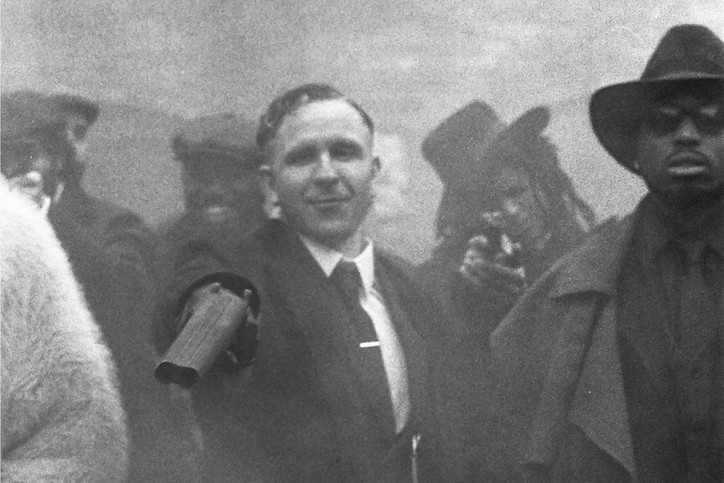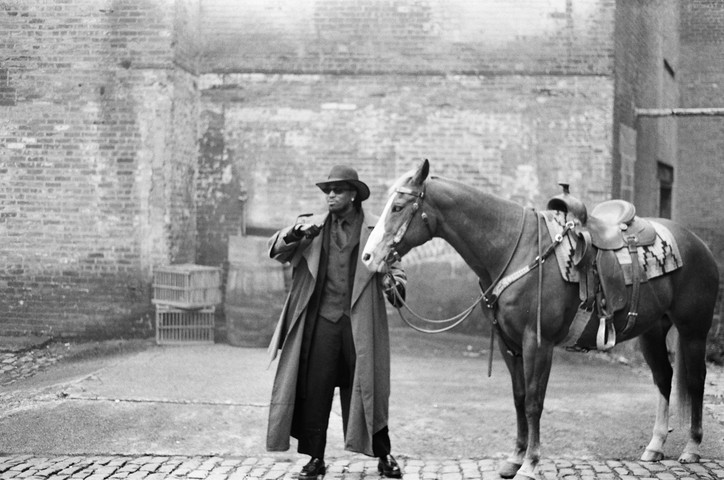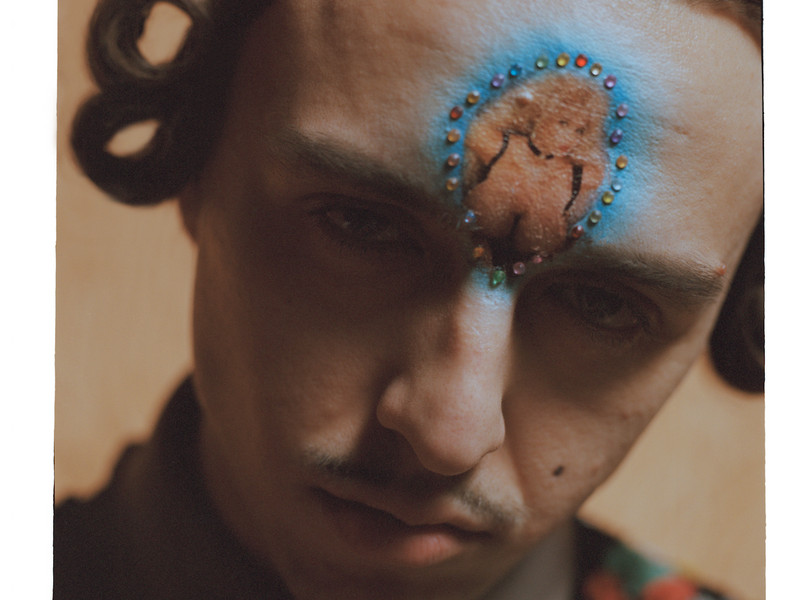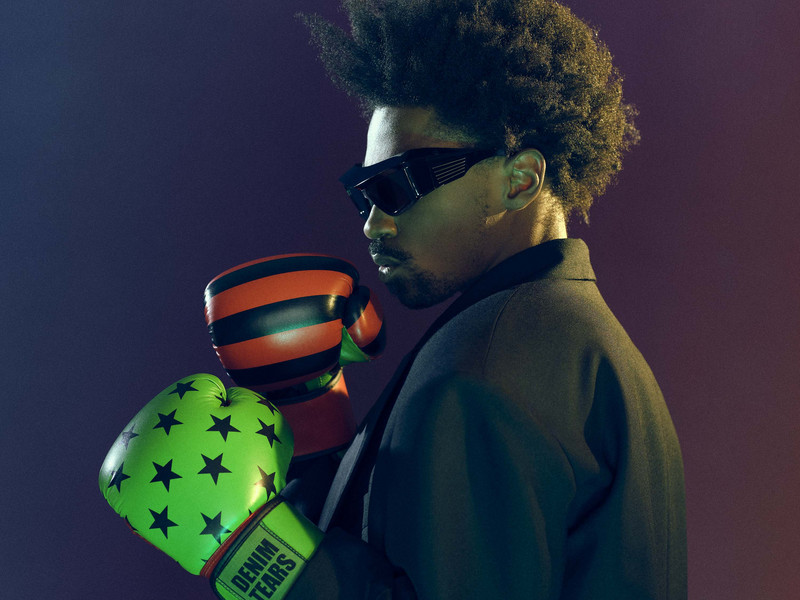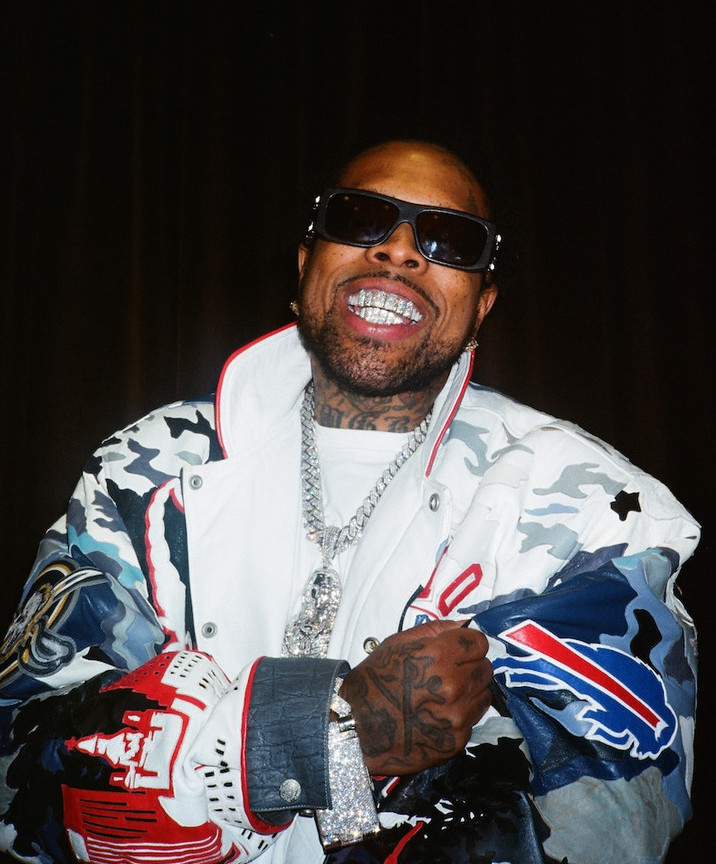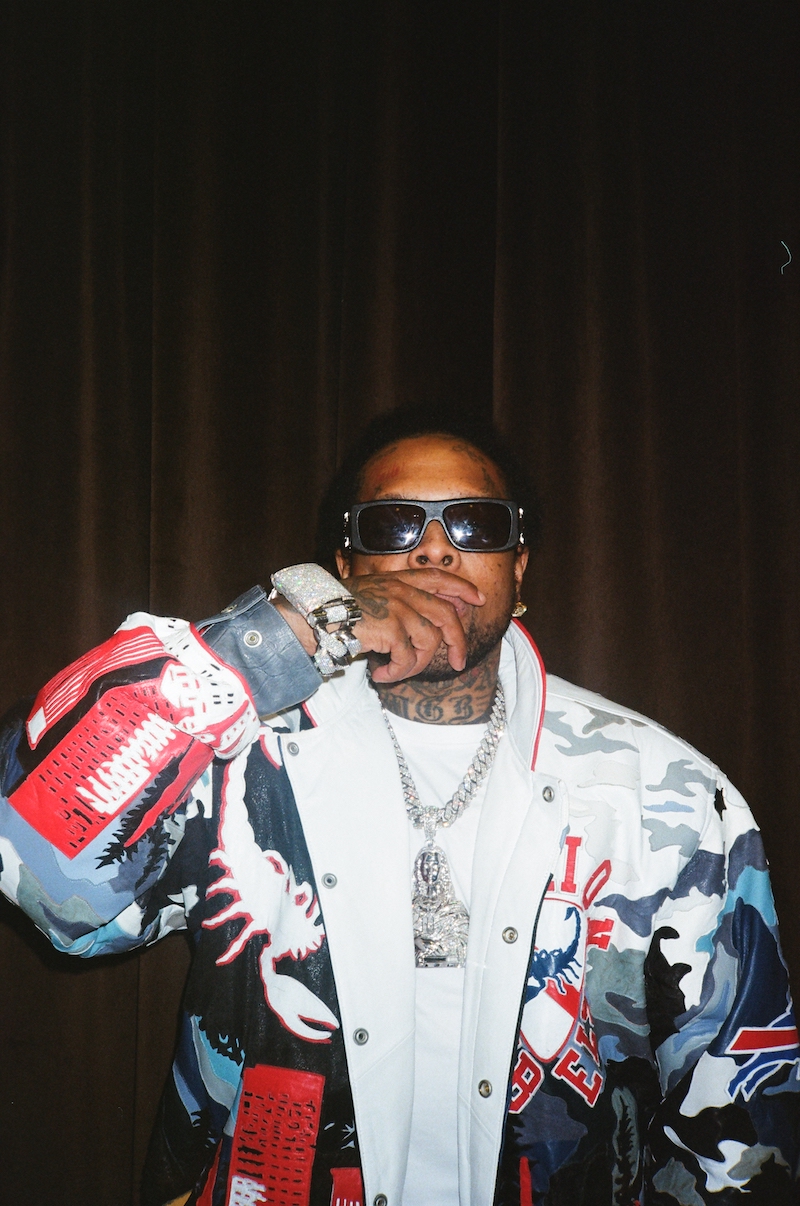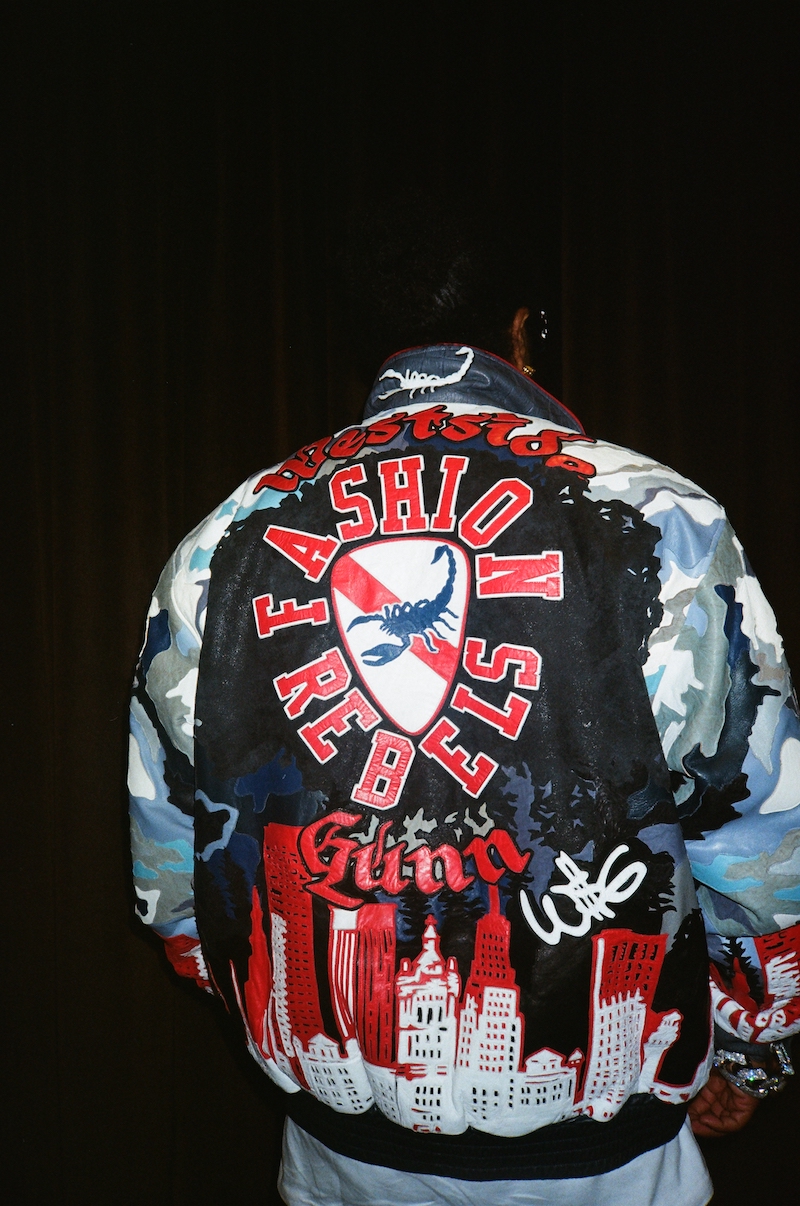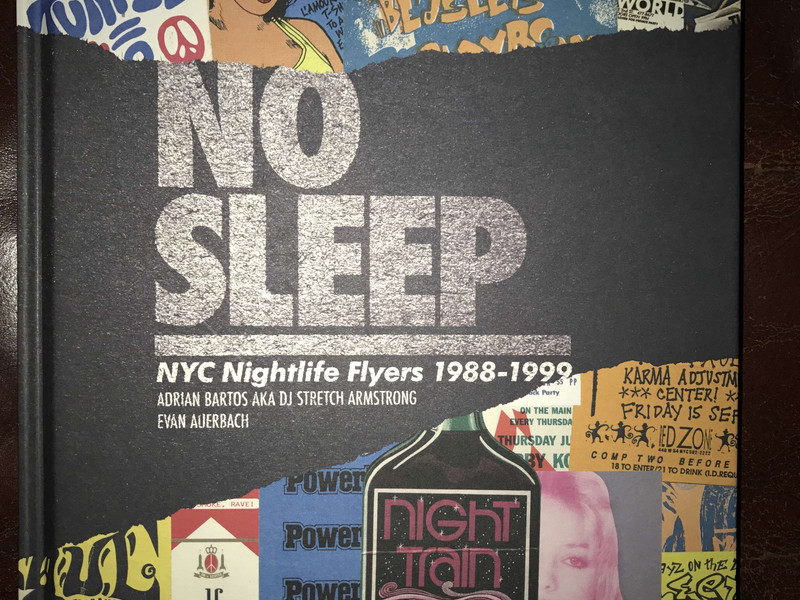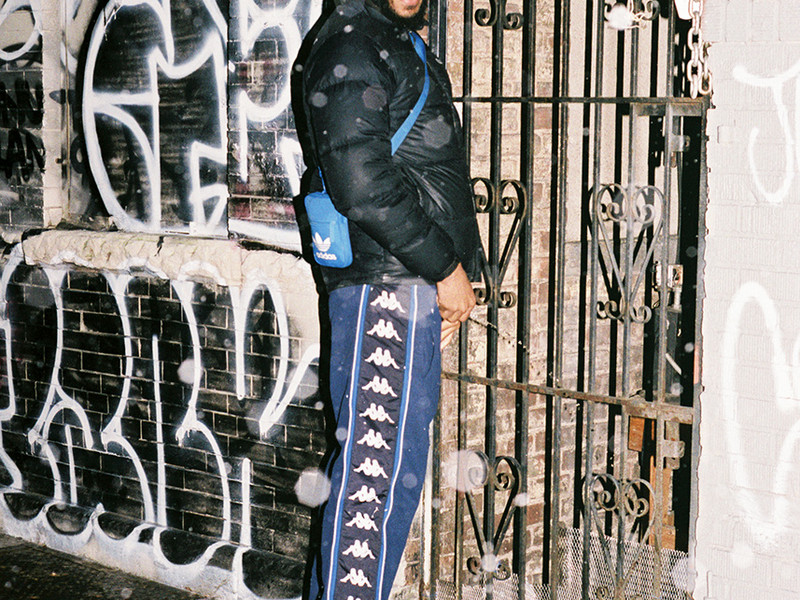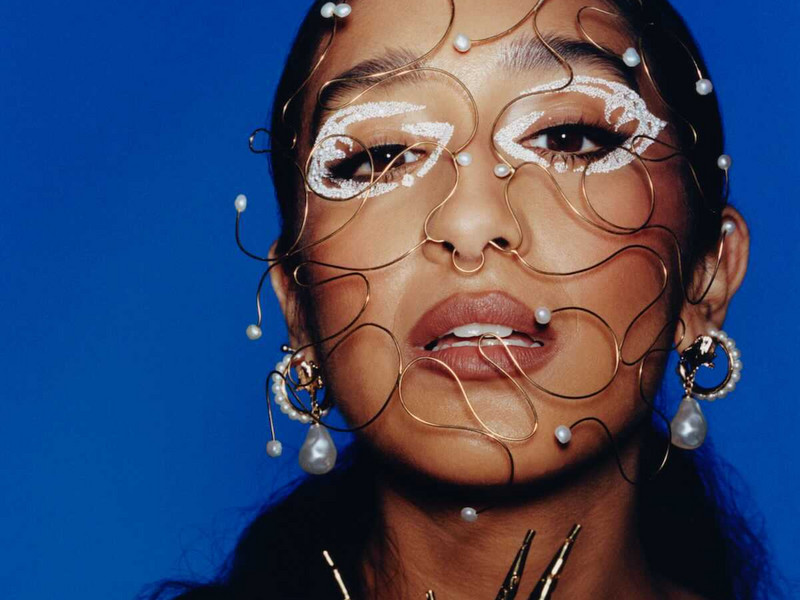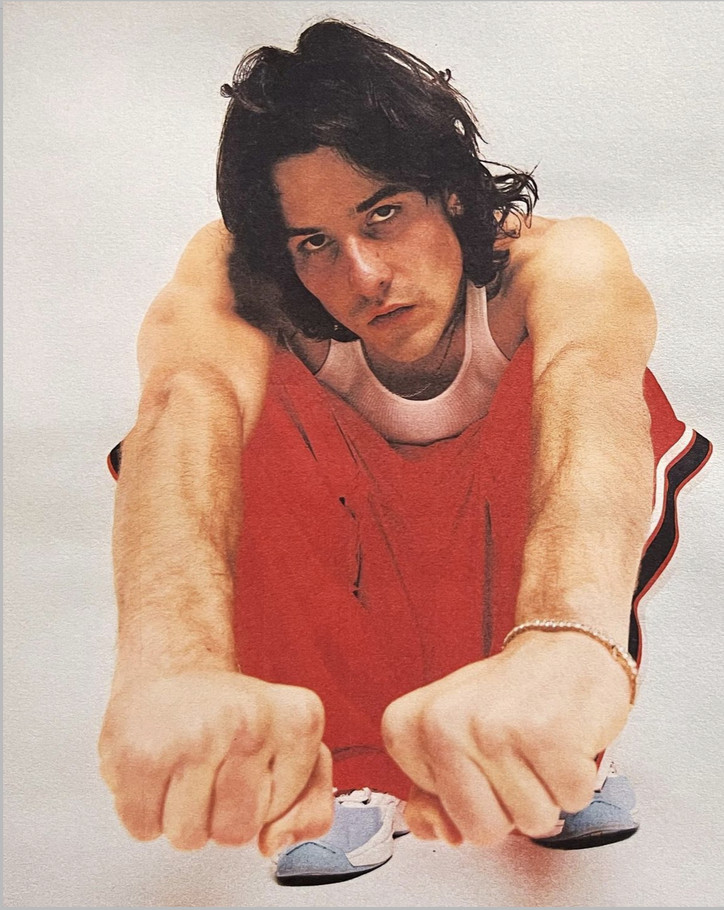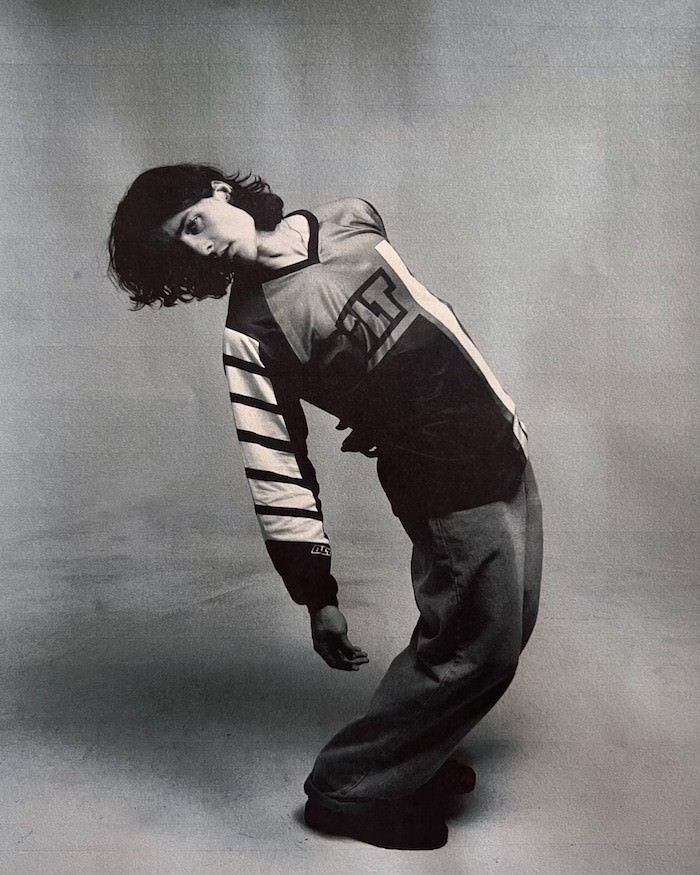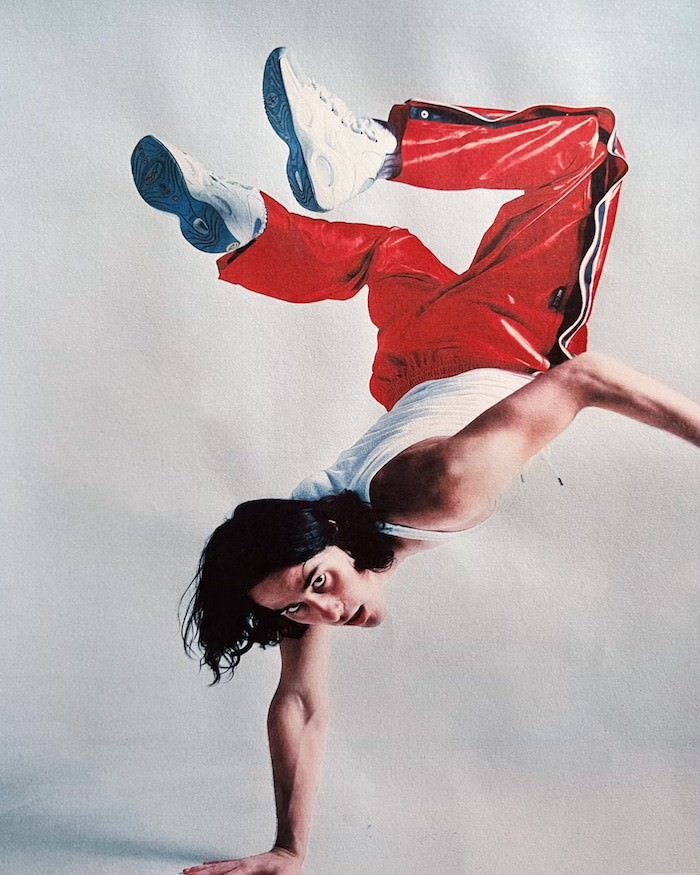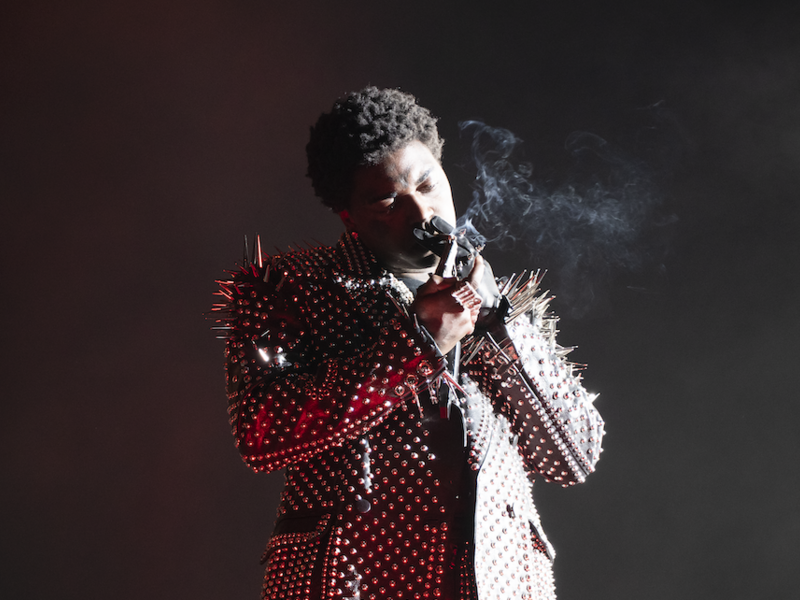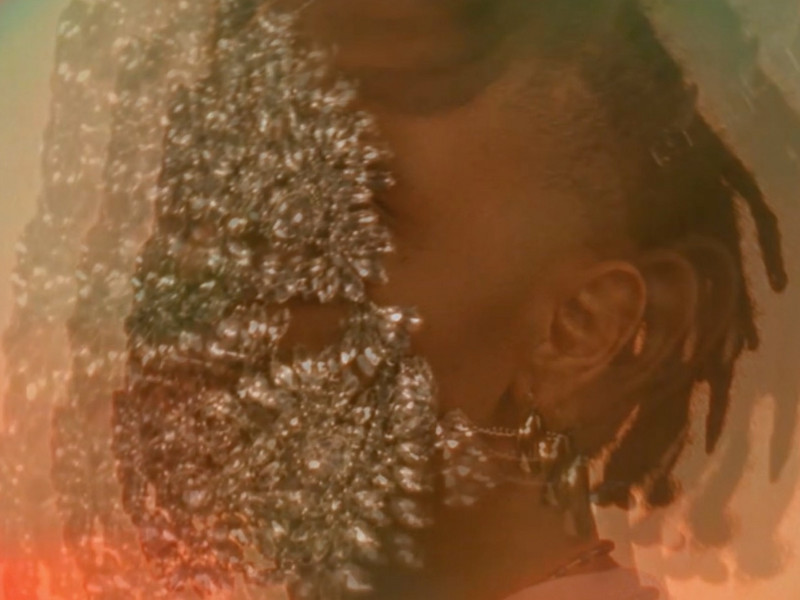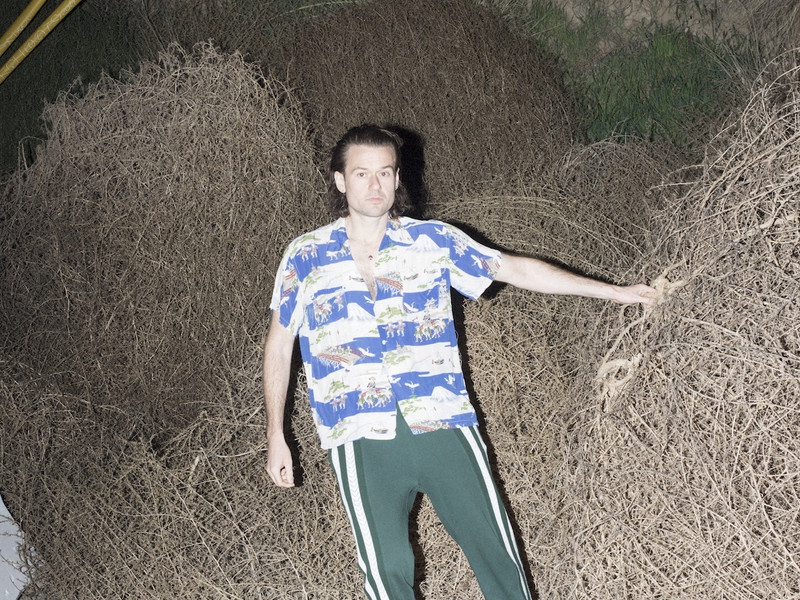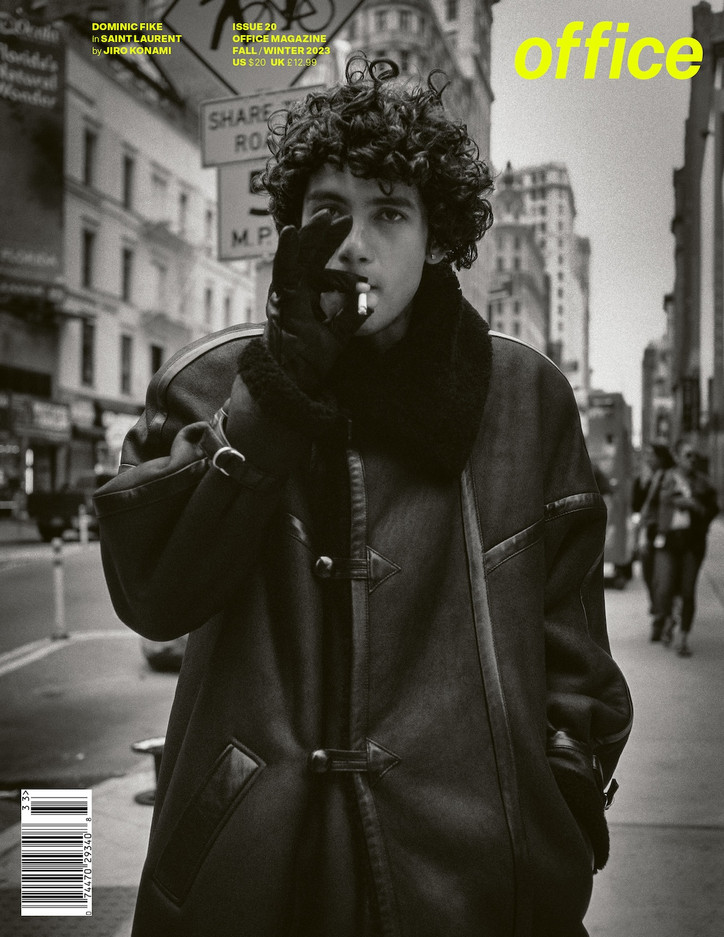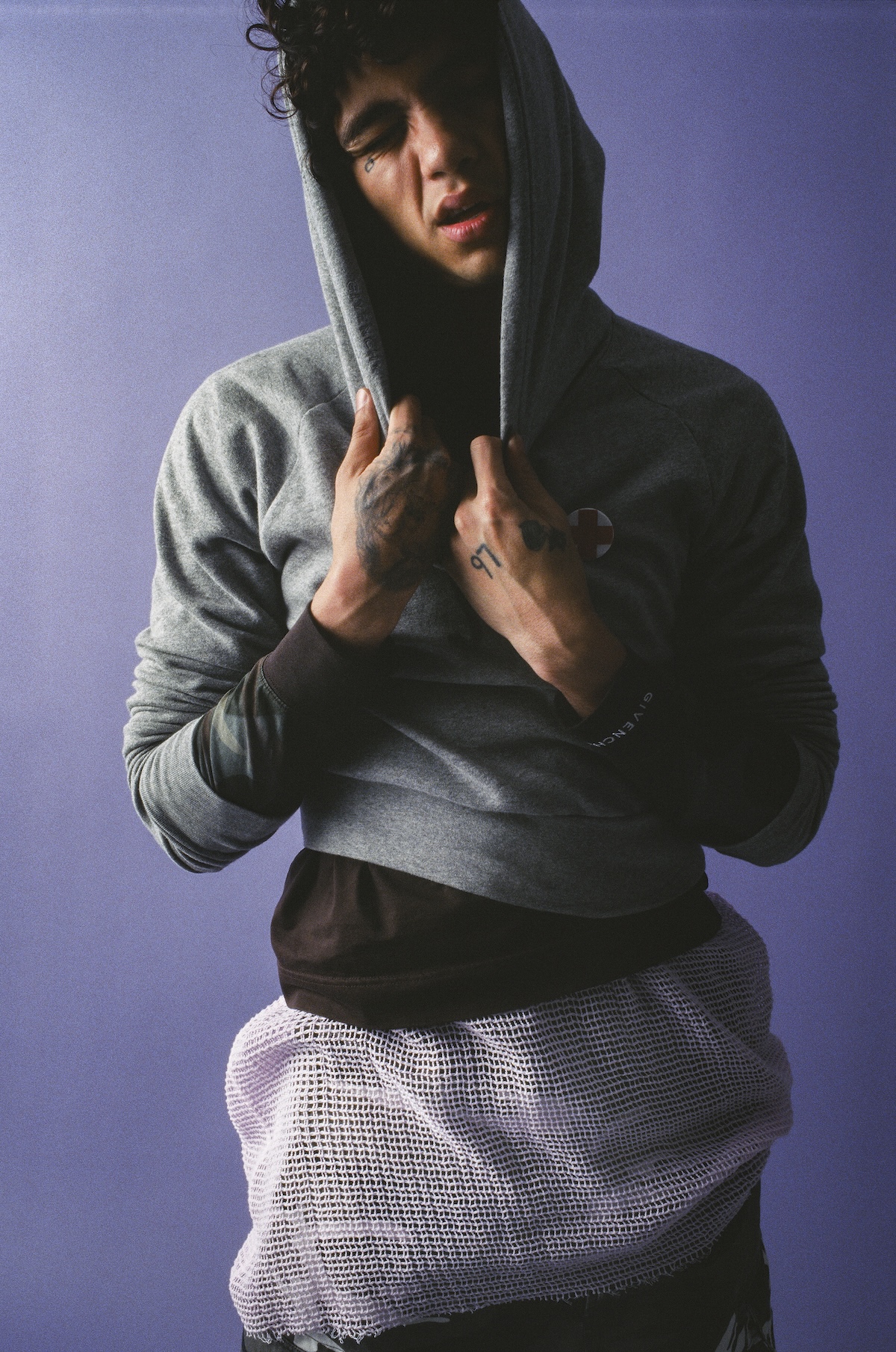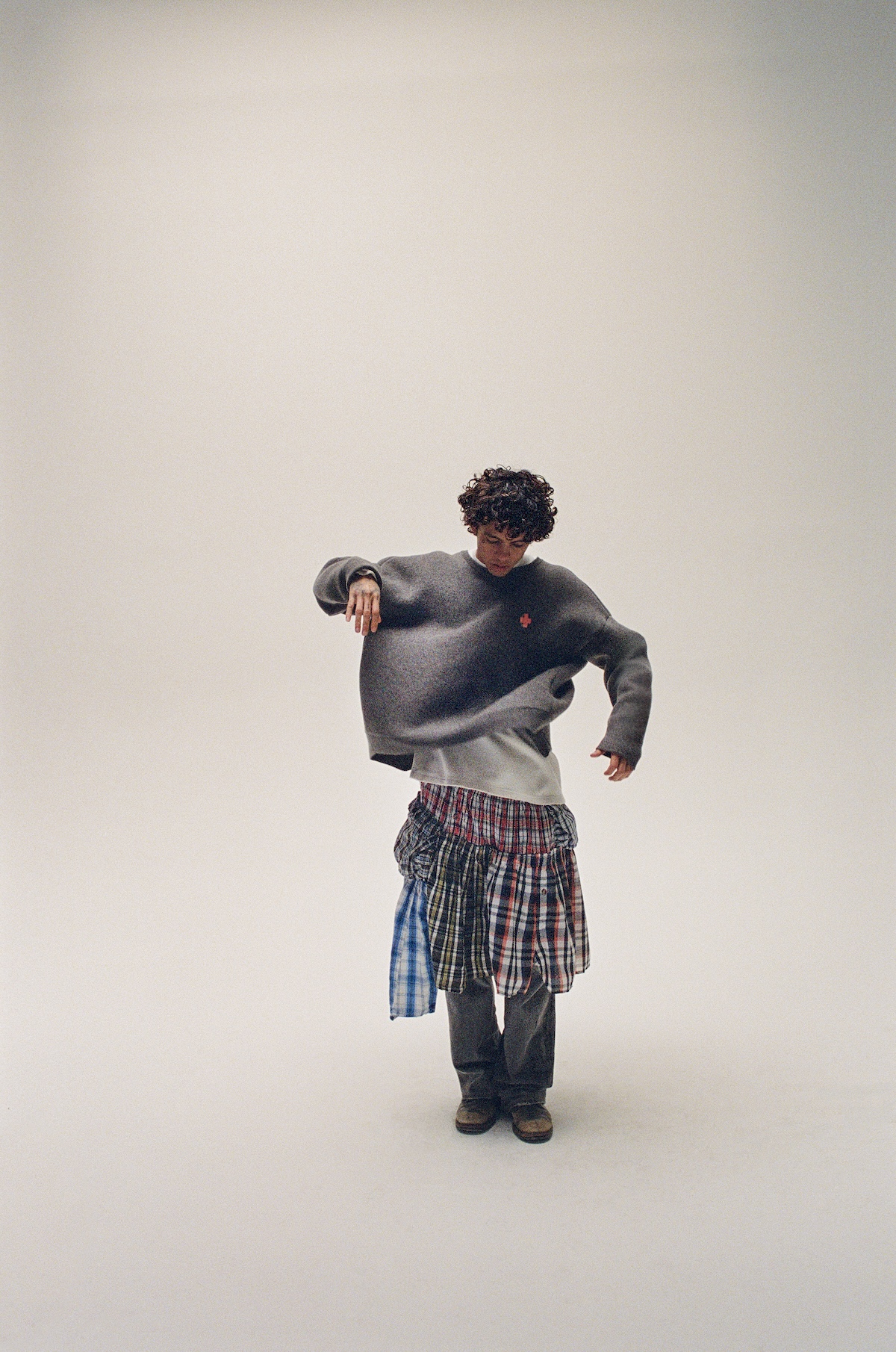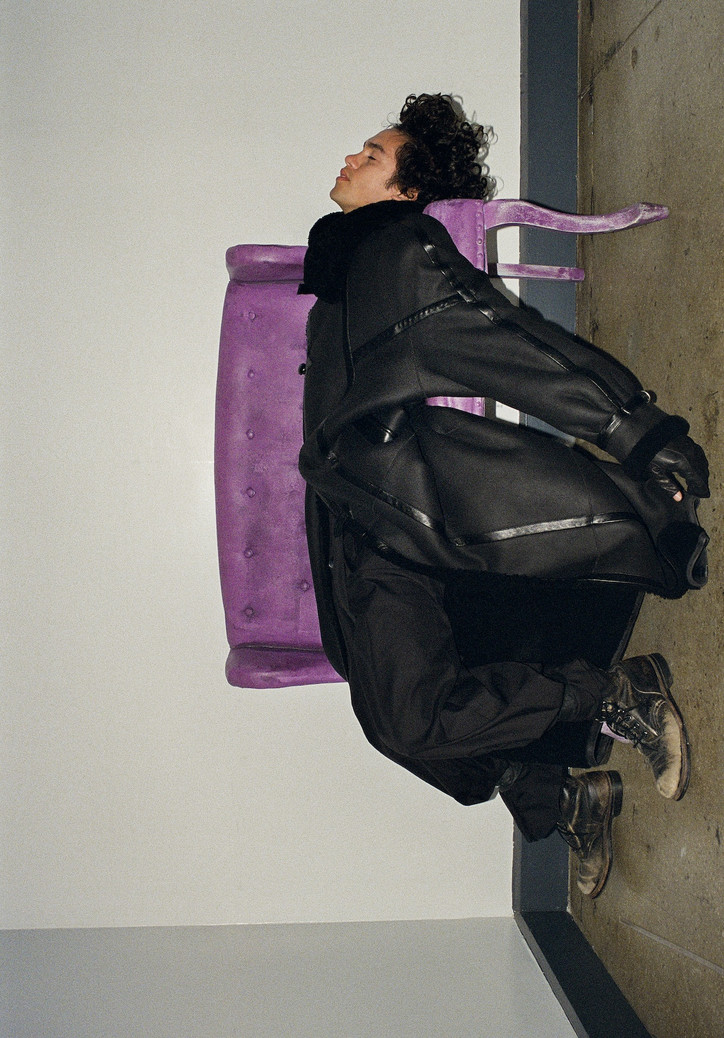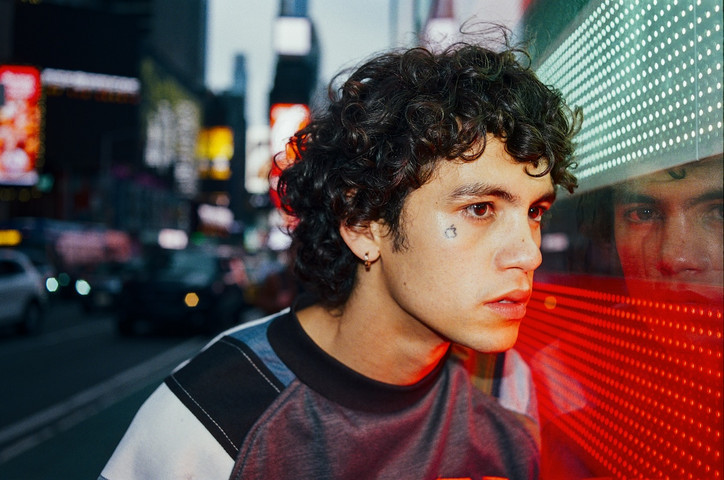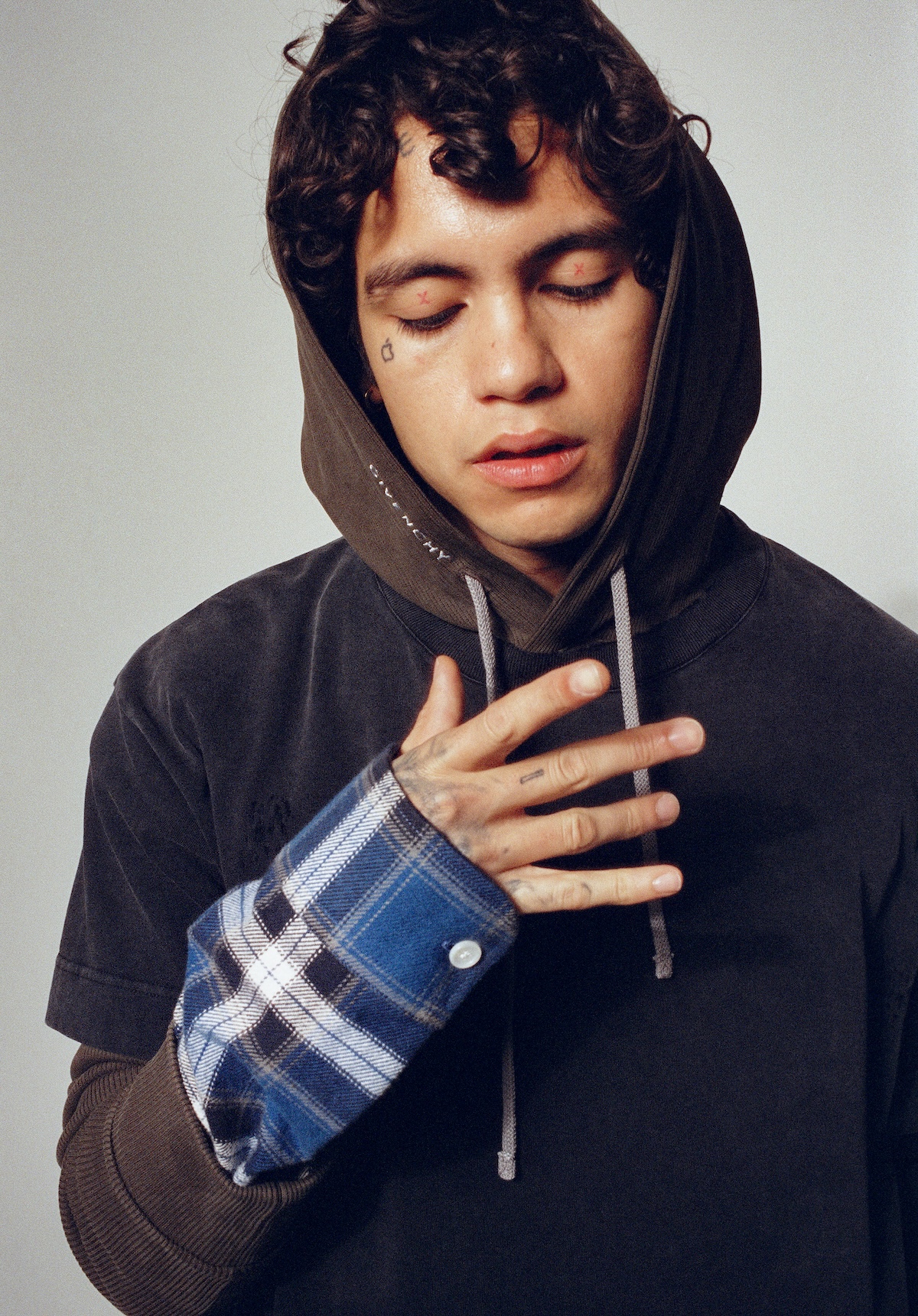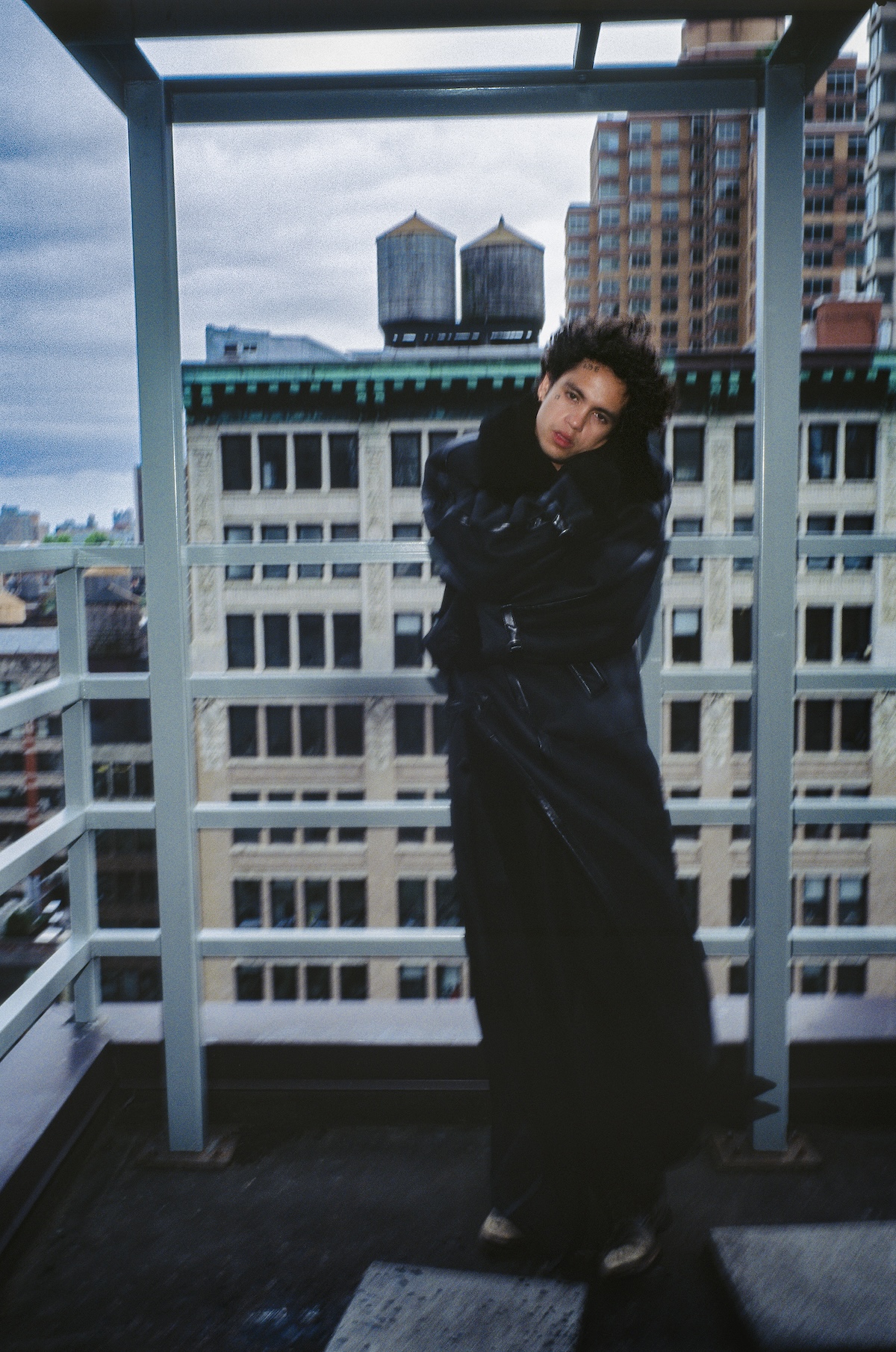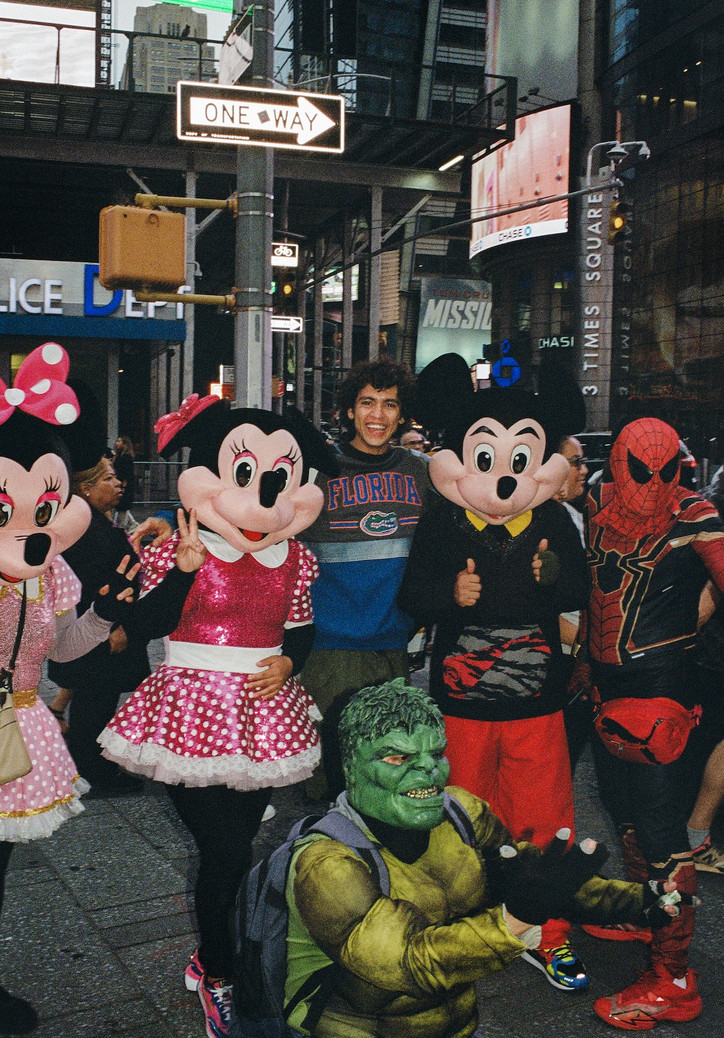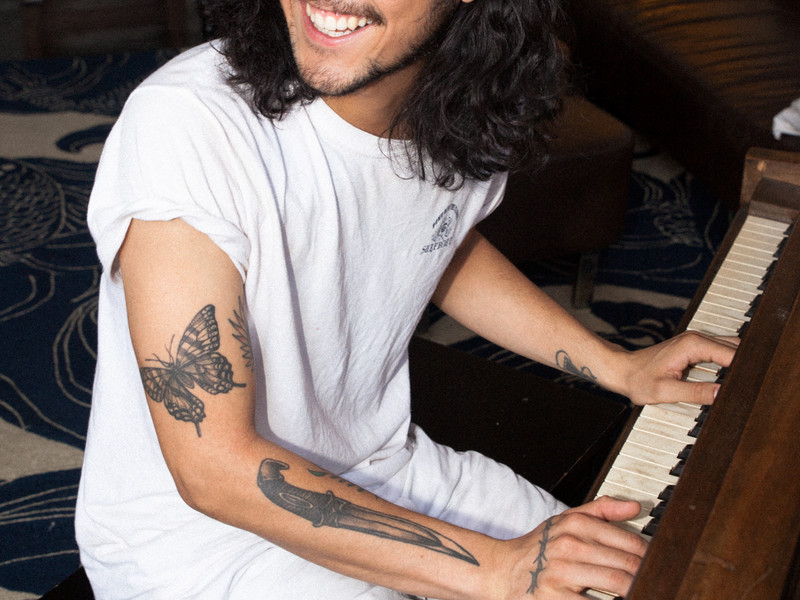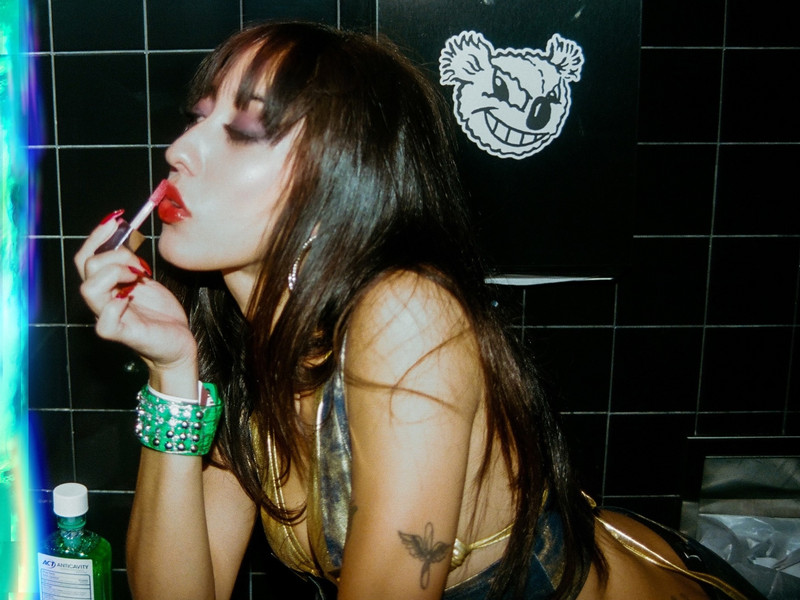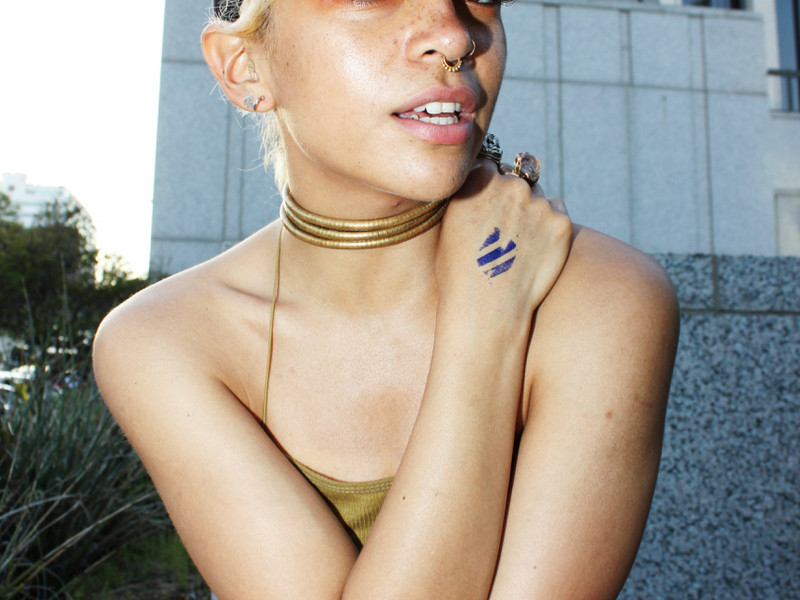Tell me about one of the hardest songs to write from Act I — how did it feel to confront certain emotions in that process and really create professionally for the first time?
I'd say probably the song, 'Small Talk Carolina.' It was the last song I made for the project, but it was sort of my first moment where I was speaking on and speaking directly to Philadelphia, folks back home, and my feelings toward those things. Carolina was this fake muse that represented a lot of friends — I had a couple of people in mind, specifically, from my childhood. I used the Brandywine as this motif through it all. This idea of purifying and washing away. It was really difficult for me to write. It brought forth stories that were uncomfortable for me to talk and think about. But it became this turning point. Once I finished up the record, I was like, 'Okay, I think there's something to this.' It was my first moment of really speaking about anything beyond just myself. I was talking about other people. I was telling the story of what a privilege it is for me to be out here talking about myself and this sort of ego journey that I experienced. There are people everywhere who may feel the same way I did and want to express themselves creatively. But they may not have the means to get out and create and explore. It really comes down to what a privilege it is to be an artist. Or to have the ability to at least start and make this journey happen for yourself. So that was the first moment where I really started to think about community in those terms. I woke myself up from the idea that the world was against me.
I think a lot of artists eventually have that discomforting confrontation. It's this feeling that the work won't resonate with people unless it's coming from this deeply emotional or pity-invoking place. But you needed to go through the process of making Act I to come to that revelation. You mentioned that Act I was more of a meditation of the self, while your recently released Who’s Taken Time?! Act II is more collaborative. Tell me about some of the collaborations on this project and what they mean to you.
After I wrapped up Act I, there was a two-month in-between period where I made the decision that the five other songs that I thought were gonna be sort of the B-side of this project, didn't represent the story I wanted to tell anymore. It was a perspective change, even outside of the music, just generally in life. And I'm fortunate that my closest collaborator and executive producer is like my brother. I work on all my stuff very intimately with my roommate Choob — Devon is his name. We first met online and he was the first person to send me a beat pack. So I went to him first and I was like, 'Yo, I really feel like we need to refocus our efforts here and try to find some new songs to make because I just feel very exhausted by the ones we have.' I thought there was a better story to tell.
So we went up north to this little cabin in this town called Lake Arrowhead. We needed some sort of separator and we were there for about a month. We started inviting friends up from Los Angeles — session instrumentalists, other artists, my friend Amaria, Braxton, who's this saxophonist and one of my heroes. He's an incredible jazz musician. They all came up, even folks that weren't really specifically working on the records, just people to spend time with. And that became the overall ethos of the project — it became very clear that we wanted to do something that was very community-driven. And we wanted the records to sound that way, so we really leaned into a very live and raw sound. We tried to leave things very unadulterated where there's not a lot of reverb. There's not a lot of things that my vocals are hiding behind. Act I was so busy. So I think taking time and holding space for friendship and just slowing things down during our time in Arrowhead, also bled into the song structure generally too. We just let the moment breathe. So I genuinely think that the spirit of that experience, on a friendship level and on a human level, that exactly translated to what the records became.
I feel like when you take on a creative undertaking, you become so prone to doing so many things at once or trying to supplement one thing with another. And it's just interesting that you expressed how things became fuller when you slowed down.
Do you feel like you're able to still create space to be mindful and present and slow down? Or do you think that is something you wrestle with? Because for me, it's still a journey. There's a lot of growth there that needs to be done.
I feel the same way. I think it's really hard. I'm not really thinking about that first achievement because I'm already thinking 20 steps ahead.
That's the whole crux of what the project was. Taking time to appreciate your accolades or the milestone moments you're reaching. It was like, 'How are you taking time to actually process what's going on?' It's so hard when the finish line is always moving for us, you know? Which I'm sure it is for everyone — it's a universal experience — but I think you definitely feel that way when you're doing something that's a little bit more unconventional or creative.
This industry just breeds a lot of comparison. So I think that's also part of it and part of being present. It's near impossible to do so when you're also focusing on other people, but it's also near impossible not to do that as well.
I think that the ultimate lesson is that no journey is replicable. You have to just be so dauntless and recognize that my journey is my journey and however that shakes down, that's what it's gonna be, you know? And I'm gonna just keep putting the work in and that's really all you can do. I think we do our best work when we're feeling more and thinking less.
You studied film at a point in time, which explains your heavily artistic and narrative-driven visuals. How do these other elements, like your artistic persona and even your personal street style, shape you as an artist — especially in this social-media-driven era?
The bane of my existence has been short-form content. I think we're in such a bizarre world right now where all these new artists, including myself, are coming up in the TikTok era. But prior to this, there was the blog era. There was SoundCloud — but I think it was very show, not tell. Now it's very tell, don't show — and tell everything to everyone. Tell them daily and find the easiest, quickest, most clickable way to do so. And I think when you're the one doing all of the talking, you don't really leave much for yourself as the artist. Some of that magic and some of that allure kind of goes away. That's why I think it's so hard to build a brand in this TikTok era — at least it's been challenging for me. Of course, there are ways to do it and it's become a necessary tool. I'm always thinking, 'How can I use this to my benefit?' I don't have the answers to that yet, but for me, I need to still be very committed to not sensationalizing my music. I just like the idea of making a really cool music video even though it's not really an era for music videos right now because I don't think the industry really rewards a great music video in the way we used to. But for your core fans who really love your music, that still matters. The ability to pair a visual with the audio experience — those things have always been two-pronged for me. I grew up loving film. That was kind of my first joy but I didn't really take a lot of time to share those interests with other people.
On that note, if there was a movie about you, what would it be called and who would you want to play you?
Well, recently I've been trying to get into my acting bag. I've got a couple of scripts I've been reading. But I think a throwback rom-com A-lister would be cool. Like Paul Rudd. I'm a pretty goofy, awkward person and I think he would translate that well. In terms of the name, I think I would just call it Who's Taken' Time?!
